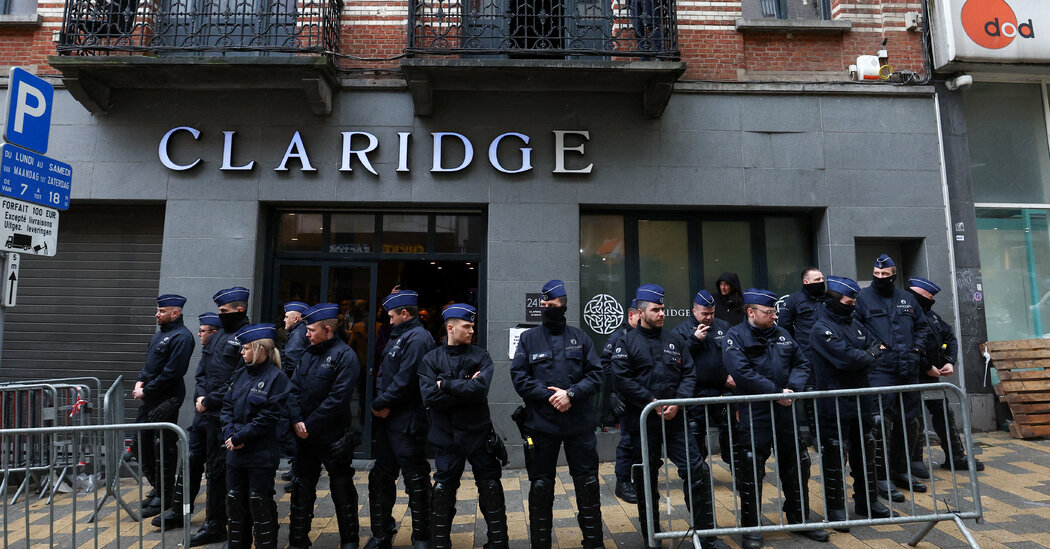
[ad_1]

On March 19th, the Hong Kong government passed a new national security law that has been criticised by several Western countries and rights groups
The Safeguarding National Security law revises the existing regulations and penalties, and adds five new categories of offences — treason, insurrection, espionage and theft of state secrets, sabotaging national security, and external interference
Some of these offences carry penalties of imprisonment, even up to life
The law, also known as Article 23, was passed after a rushed public consultation
What is Hong Kong’s Article 23?
Article 23 of Hong Kong’s constitution, which came into force after Hong King was handed over to China from Britain in 1997, obliges the government to enact domestic national security legislation.
In recent years, particularly in 2019, Hong Kong has witnessed a series of anti-government protests, following escalating tensions between the pro-Beijing ruling elite and pro-democracy civil society
The protests were aimed against China’s alleged attempts to reduce Hong Kong’s autonomy.
In 2020, the Chinese government imposed a separate national security law on Hong Kong, citing the city’s delay in acting on Article 23.
That law was quickly used to further crush dissent and target figures of the pro-democracy movement.
The Bill was introduced in the city’s Opposition-free legislature on March 8th for examination following a month-long public consultation. It was unanimously approved by lawmakers on March 19th.
The Hong Kong government claimed that its public consultation showed 99% support for the proposals.
[ad_2]
Source link





